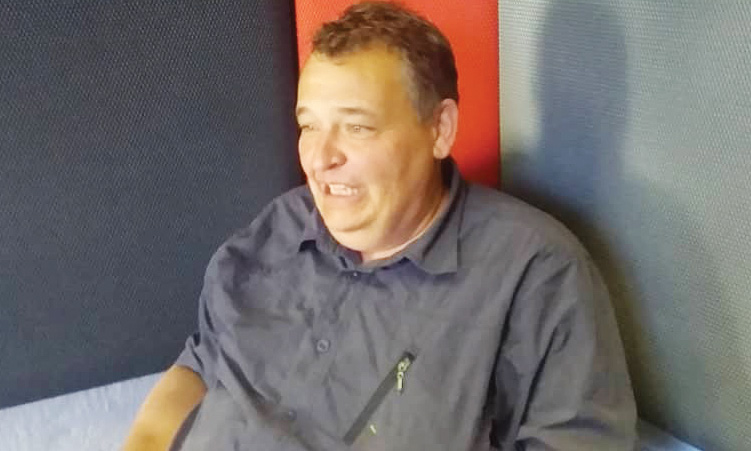Ferdinand van Dijk, a marketing and procurement manager for an oil company in The Netherlands, says Namibians should seize the opportunities presented by the anticipated oil and gas boom in their country.
Namibia is projected to be holding more than 10 billion barrels of oil along the Orange Basin.
Van Dijk says some of the key beneficiaries of the anticipated oil boom include the healthcare sector, the hospitality sector and the information technology sector.
He was speaking at the Namibia International Energy Conference 2024 that took place in Windhoek last week.
Van Dijk said domestic business participation in the sector should be prioritised.
“Namibians should think out of the box to see the opportunities as they open up in the oil sector. A lot of jobs can be created from day one, and they can grow, but there must be a start,” he said.
Van Dijk said the government and the oil sector could establish a platform where people could have their needs and expertise requirements addressed, and where they can be connected to the right people.
This includes linking up Namibian companies with specialist providers in Europe.
Minister of mines and energy Tom Alweendo told the opening session of the energy conference: “Namibia has a unique opportunity to learn from the mistakes of the past and adopt the best practices of other successful petroleum economies as we proactively plan for a framework of local content regulation.”
Van Dijk said benefits could be extended to the public if income generated through oil is put back into the Namibian economy to improve the local healthcare system, education system and infrastructure development and to create a bigger safety net for the disadvantaged and the vulnerable.
“The government could provide free or subsidised public transport, build more affordable housing for the people, and boost farming activities for food security.
“Communities could be provided clean water and people with jobs to close the inequality gap. This could also reduce crime,” he said.
Van Dijk said countries like Norway, Oman and other oil-producing Arabic countries have established investment funds, of which some money is allocated for the benefit of their people.
“The good thing about these funds is that the money can be used to set up other industries to reduce dependence on imports.
Namibia is rich in minerals, but a lot of mineral resources are being exported as raw materials without value addition.
“But out of value addition comes that extra money, because value addition produces a new product for export,” he said.
The oil engineer, with 25 years’ experience in the oil sector, said Namibians could benefit especially through the training and education sector.
“If the government gives the Ministry of Education, Arts and Culture enough money, they could set up technicons and training centres with a particular focus on the nascent oil and gas sector, producing high-grade electricians, pipe fitters and welders.
“Vocational training centres can be upgraded in terms of new equipment to train these artisans, and their old equipment can be donated to or used to establish new technical training centres at a lower level in rural areas, for example, where none exist,” Van Dijk said.
He said European countries like The Netherlands, the United Kingdom, Scotland, Norway, Germany, Belgium, France, Italy, Spain and others all have oil experts who could share their knowledge with Namibian start-ups.
“I am sure they have products they want installed in Namibia that also need to be maintained.
“We cannot expect Namibian companies to have multimillion-dollar investments for machinery, so Namibians must start with service provision and partnerships, as well as being representatives of companies in Europe.”
As an example, Van Dijk said an organisation called PMU in The Netherlands has a database of experienced engineers who are about to retire or have just retired and could be sent to Namibia to train identified artisans for the oil industry.
“We could also create an opportunity where more Namibians can travel overseas for more training,” he said.
Van Dijk, who grew up in South Africa, has a Namibian spouse and considers Windhoek his home.
– email: matthew@namibian.com.na
Stay informed with The Namibian – your source for credible journalism. Get in-depth reporting and opinions for
only N$85 a month. Invest in journalism, invest in democracy –
Subscribe Now!






